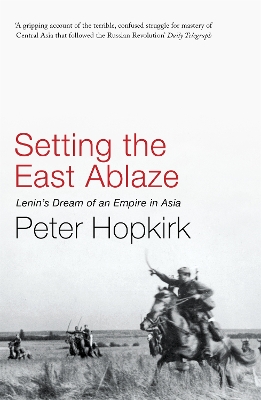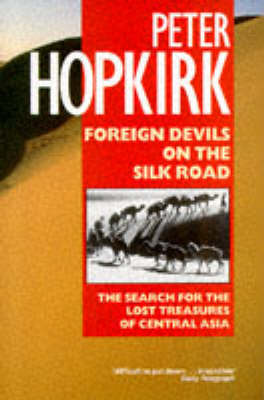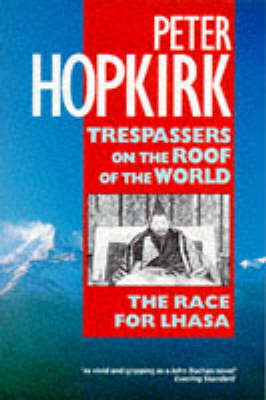Oxford Paperbacks
3 total works
'Let us turn our faces towards Asia', exhorted Lenin when the long-awaited revolution in Europe failed to materialize. 'The East will help us conquer the West.' Peter Hopkirk's book tells for the first time the story of the Bolshevik attempt to set the East ablaze with the heady new gospel of Marxism. Lenin's dream was to liberate the whole of Asia, but his starting point was British India. A shadowy undeclared war followed. Among the players in this new Great Game were British spies, Communist revolutionaries, Muslim visionaries and Chinese warlords - as well as a White Russian baron who roasted his Bolshevik captives alive. Here is an extraordinary tale of intrigue and treachery, barbarism and civil war, whose violent repercussions continue to be felt in Central Asia today.
The Silk Road, the great trans-Asian highway linking Imperial Rome to China, reached the height of its importance during the T'ang Dynasty. Along it travelled precious cargoes as well as new ideas, art and knowledge. Its oasis towns blossomed into thriving centres of trade. However, as the Chinese lost control of the region, it began to decline to the point where the towns disappeared beneath desert sands. Local legends grew of buried treasure guarded by demons. This is the story of the intrepid adventurers who, at great personal risk, led long-range archaeological raids to the region in the early years of the 20th century. Profiles of such archaeologists as Sir Aurel Stein, who carried off large quantities of priceless wall paintings, sculptures, silks and early manuscripts, augment a narrative which also traces the fate of the works of art that were removed.
Hidden behind the Himalayas and ruled over by a God-king, Tibet has always cast a powerful spell over travellers form the West. In this remarkable, and ultimately tragic narrative, Peter Hopkirk recounts the forcible opening up of this medieval land during the nineteenth and twentieth centuries, and the extraordinary race between agents, soldiers, missionaries, mountaineers, explorers, and mystics from nine different countries to reach Lhasa, Tibet's sacred capital. His story concludes with the ultimate act of trespass - the Chinese invasion of 1950. This book is intended for those with a general interest in the Far East, history, and adventure. Some academic interest.


